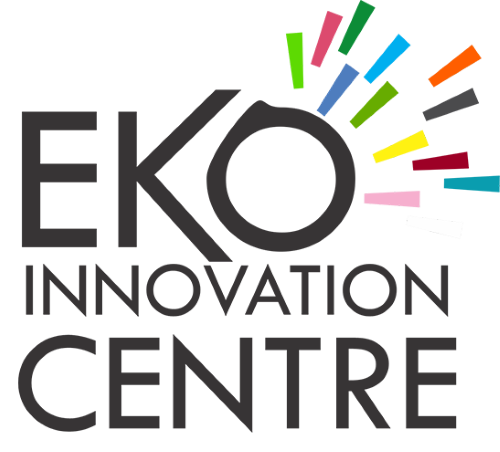Technology and talent management in today’s fast-paced business landscape, have become inseparable partners driving innovation, growth, and competitiveness. The synergy between these two critical aspects of business operation forms the backbone of successful organizations. In this article, we’ll explore the intricate dance between technology and talent management and how they collaborate to propel businesses forward.
The Evolution of Talent Management
Talent management encompasses the processes and strategies that organizations use to attract, develop, retain, and deploy their workforce effectively. Traditionally, this area relied heavily on manual processes and human judgment. However, with the advent of technology, talent management has undergone a significant transformation.
The Role of Technology in Talent Management
- Recruitment and Onboarding: Technology has streamlined the recruitment process through Applicant Tracking Systems (ATS), making it easier to identify and hire top talent. Automated onboarding systems simplify the integration of new employees into the organization, enhancing the employee experience from day one.
- Data-Driven Decisions: Advanced analytics and data-driven tools help HR professionals make informed decisions. Predictive analytics can identify trends, anticipate turnover, and provide insights for better talent acquisition and retention strategies.
- Learning and Development: Learning Management Systems (LMS) offer personalized training and development programs, allowing employees to acquire new skills and stay competitive in their roles. Virtual classrooms and e-learning modules make learning accessible to a global workforce.
- Performance Management: Technology-enabled performance management tools facilitate continuous feedback, goal tracking, and performance evaluations. This promotes a culture of accountability and self-improvement.
- Employee Engagement: Employee engagement surveys and sentiment analysis tools gauge employee satisfaction and well-being, enabling organizations to address issues proactively and foster a positive work environment.
The Human Element in Talent Management
While technology plays a pivotal role in talent management, the human touch remains indispensable:
- Emotional Intelligence: HR professionals must possess emotional intelligence to understand and address employees’ concerns and aspirations effectively.
- Strategic Planning: Crafting talent strategies that align with the organization’s goals requires human insight and strategic thinking.
- Relationship Building: Building trust and rapport with employees is crucial for successful talent management. Human interactions foster a sense of belonging and loyalty.
- Change Management: Technology implementations and process changes often face resistance. Skilled change management professionals are essential to guide employees through transitions.
The Future of Technology and Talent Management
As technology continues to advance, the future of talent management holds exciting possibilities:
- AI and Machine Learning: These technologies will refine talent matching, skill assessment, and predictive analytics, making talent management even more efficient.
- Remote Work and Flexibility: The widespread adoption of remote work is reshaping talent management. Technology will play a vital role in managing and engaging a dispersed workforce.
- Blockchain for Credentials: Blockchain technology can verify and secure employee credentials, simplifying talent acquisition and eliminating fraudulent claims.
- Virtual Reality (VR) Training: VR will revolutionize employee training and development by providing immersive and realistic learning experiences.
Conclusion
In the modern business landscape, the collaboration between technology and talent management is a strategic imperative. Organizations that leverage technology to enhance their talent management processes will find themselves better equipped to attract, retain, and develop the workforce necessary to thrive in an ever-evolving world. However, it’s essential to remember that the human element remains at the core of effective talent management, ensuring that technology serves as an enabler rather than a replacement for the human touch. By striking the right balance, organizations can foster a culture of continuous growth and innovation, driving them toward long-term success.
To understand better, visit YouTube to watch more
